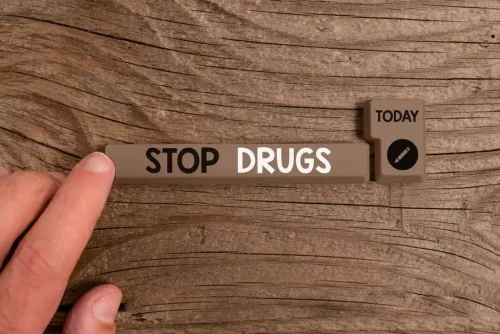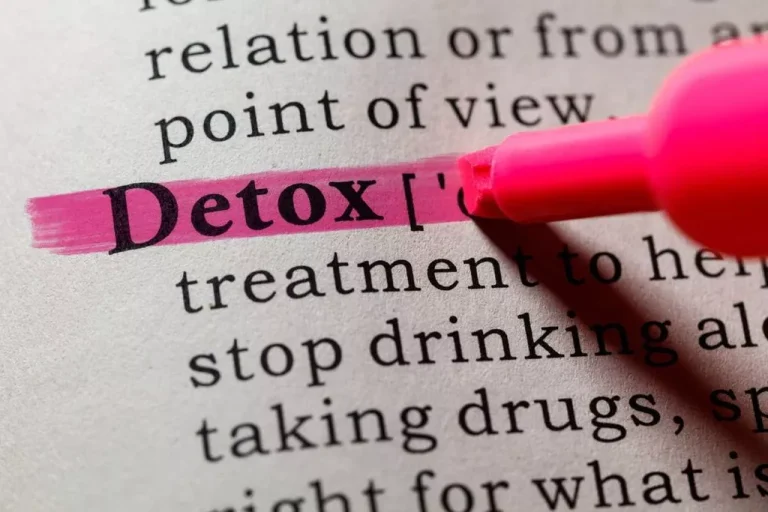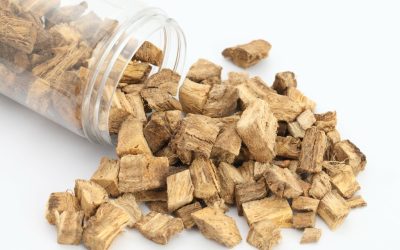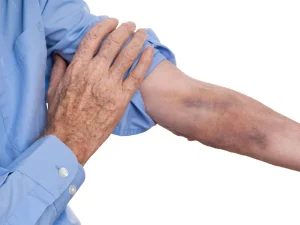
While taking a vitamin supplement may seem like an easy way to do this, there are plenty of other alternatives. The Recovery Village Columbus offers comprehensive addiction treatment for drug and alcohol addictions and co-occurring mental health conditions. From the JourneyPure team where we get to explore a wide variety of substance abuse- and mental health-related topics. Because of the chronic nature of substance abuse, relapsing is possible.
- Niacin, or vitamin B3, can also be found in pork, as well as in fortified cereals, salmon, and swordfish.
- People struggling with opiate (opioid) addiction may be low in vitamins B and C.
- Heavy drinking makes it harder for your organs to work the way they’re supposed to, especially your stomach lining, pancreas, intestines, and liver.
- It might seem unbelievable but there is research demonstrating vitamin C’s usefulness in overcoming addiction and reducing withdrawal symptoms.
- These ailments can be addressed by eating the proper foods and avoiding foods that can make matters worse.
- When you have a drug dependency, you react differently than the general population to medications, whether you’re in recovery or active addiction.
Day Inpatient Rehab in Colorado
But, appropriate vitamins for recovering alcoholics are beneficial for the road to recovery. It can be used to reduce fatigue, stress and anxiety, which may occur during alcohol withdrawal. Experts believe its calming effects might be due to its activity on gamma-aminobutyric acid (GABA) receptors in the brain, which slow down the central nervous https://ecosoberhouse.com/ system. Between two and four weeks, withdrawal symptoms begin to fade, but insomnia, irritability, and exhaustion continue. By one to three months, liver function and energy levels have significantly improved, but the risk of relapse remains substantial, necessitating extensive support networks.

How Alcohol Causes Thiamine Deficiency

Balancing social drinking and dietary supplements requires careful consideration of your overall health and nutritional needs. Magnesium supplements can improve cognitive deficits caused by chronic alcohol abuse by improving cerebral blood flow10. Taking supplements like vitamin C, NAC, and GABA may help replenish your nutrient stores, potentially reducing your cravings and easing your withdrawal symptoms. Supplements can help reduce alcohol cravings by addressing nutritional deficiencies, regulating neurotransmitters, and providing antioxidant support, among other mechanisms.
Can I get enough magnesium from my diet?
- Adding fresh fruits and vegetables to your diet will help you get the vitamins and minerals you need without resorting to supplements.
- To prevent anemia and related issues, it is essential to ensure an adequate intake of folic acid and other B-complex vitamins.
- Alcohol abuse can lead to folic acid deficiency due to poor dietary intake, intestinal malabsorption, decreased hepatic uptake, and increased body excretion.
- This is just another reason as to why it’s so important that you know which medications to avoid during recovery.
- Mixing alcohol and supplements does not cause direct interactions but can lead to significant vitamin deficiencies.
In many cases, the person may be so focused on drinking that they make poor food choices or do not eat enough. This cycle can be reinforced by how the brain, especially the midbrain, responds to drinking. Although it is mainly known for playing a role in motor control, the Alcoholics Anonymous midbrain can also increase cravings for drinking and stop the desire to eat.
Amino Acids and Protein in Recovery

These symptoms can range from mild nausea, headaches, to life threatening seizures. Licensed medical professionals review material best vitamins for recovering alcoholics we publish on our site. The material is not a substitute for qualified medical diagnoses, treatment, or advice.
- It is always best to drink in moderation and stay hydrated throughout the night to ensure that your body stays healthy and strong.
- Vitamin C is another important vitamin for recovery from alcohol consumption.
- Unfortunately, if you have an alcohol use disorder, you’re at an increased risk of thiamine deficiency.






















